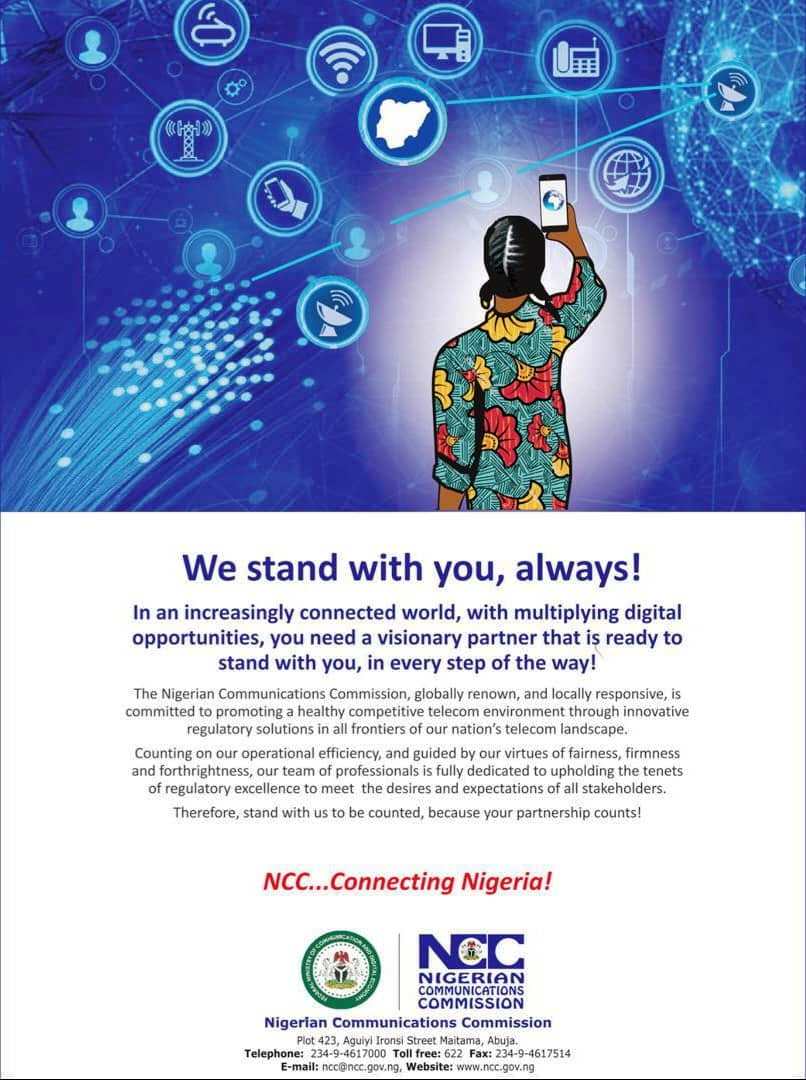By Henry Adams, Country Manager, InterSystems South Africa
One area undergoing significant evolution in the healthcare industry is the process of obtaining patient consent. It is a topic that is highly controversial but absolutely necessary and one that must evolve if we are to bring patient care into the 21st century.
RELATED: NDPC partners ICT firms to launch AI regulatory sandboxes for data protection and innovation
Traditionally, patient consent has involved detailed discussions between healthcare providers and patients, ensuring that individuals are fully informed before agreeing to medical procedures or participation in research. However, as artificial intelligence (AI) becomes more prevalent, the mechanisms and ethics surrounding patient consent are being re-examined.
The current state of patient consent
Informed consent is a cornerstone of ethical medical practice, granting patients autonomy over their healthcare decisions. This process typically requires clear communication about the nature of the procedure, potential risks and benefits, and any alternative options.
In the context of AI, particularly with the use of big data and machine learning algorithms, the consent process becomes more complex. Patients must understand not only how their data will be used but also the implications of AI-driven analyses, which may not be entirely transparent.
The rise of dynamic consent models
To address these complexities, the concept of dynamic consent has emerged. Dynamic consent utilises digital platforms to facilitate ongoing, interactive communication between patients and healthcare providers.
This approach allows patients to modify their consent preferences in real-time, reflecting changes in their health status or personal views. Such models aim to enhance patient engagement and trust, providing a more nuanced and flexible framework for consent in the digital age.
AI has the potential to revolutionise the consent process by personalising and simplifying information delivery. Intelligent systems can tailor consent documents to individual patients, highlighting the most pertinent information and using language that aligns with the patient’s comprehension level. In addition, AI-powered chatbots can engage in real-time dialogues, answering patient questions and clarifying uncertainties, enhancing understanding and facilitating informed decision-making.
Data privacy, ethical and security considerations
The integration of AI into patient consent processes necessitates an increased attention to data privacy and security. As AI systems require access to vast amounts of personal health data, robust additional safeguards must be in place to protect against unauthorized access and breaches. Ensuring that AI algorithms operate transparently and that patients are aware of how their data is being used is critical to maintaining trust in the healthcare system, and AI in particular.
While AI can augment the consent process, the ethical implications of its use must be carefully considered. The potential for AI to inadvertently introduce biases or operate without full transparency poses challenges to informed consent. Therefore, human oversight remains indispensable.
Healthcare professionals must work alongside AI systems, the “human in the loop”, to ensure that the technology serves as a tool to enhance, rather than replace, the human touch in patient interactions.
The next 5-10 years
Over the next decade, AI will become increasingly integrated into patient consent processes. Experts predict advancements in natural language processing and machine learning will lead to more sophisticated and user-friendly consent platforms. However, the centrality of human judgment in medical decision-making is unlikely to diminish. AI can provide valuable support, but the nuanced understanding and empathy of healthcare professionals will remain vital.
So, as we take all of this into account, the evolution of AI in patient consent processes offers promising avenues for enhancing patient autonomy and streamlining healthcare operations. By leveraging AI responsibly, healthcare institutions can create more personalised, efficient, and secure consent experiences.
Nonetheless, it is imperative to balance technological innovation with ethical considerations, ensuring that human judgment continues to play a pivotal role in medical decision-making. As we navigate this new world, a collaborative approach that integrates AI capabilities with human expertise will be essential in shaping the future of patient consent. And for healthcare in South Africa, this is going to have to start with education.

































